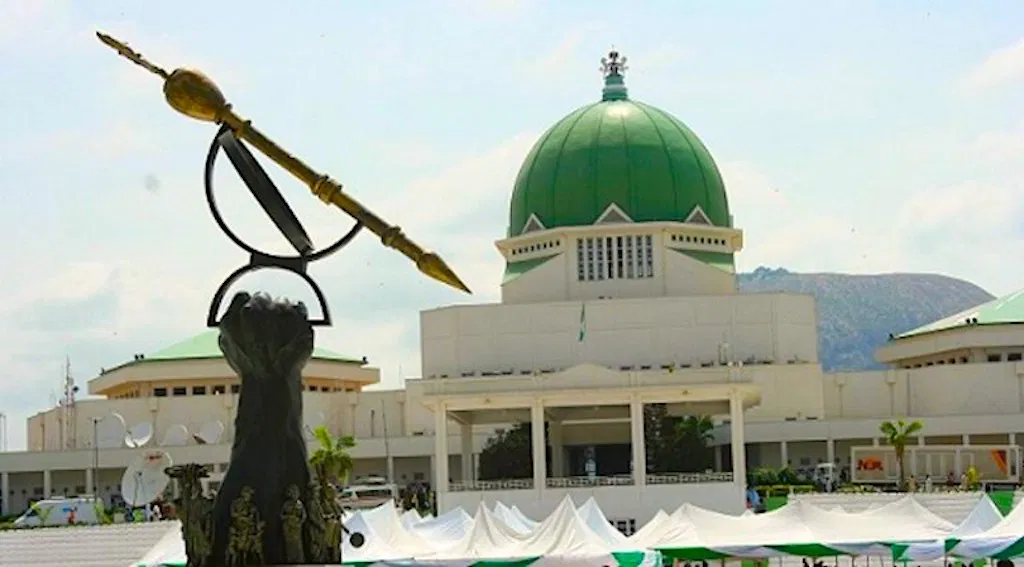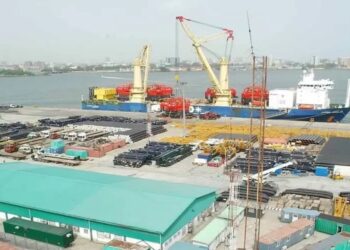There has been misconceptions flying around on the proposed Water Bill before the National Assemby and it is apposite to lay bare the facts.
These laws are being re-enacted with necessary modifications to bring them in line with current global trends and best practices in *Integrated Water Resources Management* (IWRM).
The purpose of the National Water Bill is to establish a regulatory framework for the Water Resources Sector in Nigeria through the provision of equitable and sustainable development, management, use and conservation of Nigeria’s surface and ground water.
The overall objective of this amalgamation is for efficient management of the Water Resources Sector for the Economic Development of Nigeria and wellbeing of its citizens to ensure that the nation’s interstate water resources are protected, used, developed, conserved, and managed in ways which take into account amongst other factors: (a) citizens’ right of access to safe water and basic sanitation; (b) meeting the basic human needs of present and future generations; (c) promoting equitable and affordable access to water and reducing poverty; (d) adopting hydrological boundaries as the basic units for water resources management; (e) protecting the water environment for sustainability of the resources and protection of aquatic ecosystems, and recognizing the polluter pays principle; (f) providing for existing customary uses of water and avoidance of harm to other water users; (g) promoting efficiency in the management of Water Resources of the country.
The Bill provides for professional and efficient management of all surface and ground water for the use of *all* Nigerians such as Domestic and non-Domestic use, Irrigation, Agricultural purposes, Generation of Hydroelectric Energy, Navigation, Fisheries and Recreation.
It will no doubt ensure that the Nation’s Water Resources are protected, used, developed, conserved, and managed in a sustainable manner for the benefits of all Nigerians.
Among other benefits, the Bill provides for the creation of an enabling environment of *public and private sector investment*, capacity building processes to foster good governance, establishes water uses and licensing framework to ensure sustainable financing for water sector development for tariffs.
Sadly, the Bill has generated so much controversy and one of the reasons for such is that many of those criticizing the Bill have not even seen the contents nor read its provisions.
These laws are being re-enacted with necessary modifications to bring them in line with current global trends and best practices in *Integrated Water Resources Management* (IWRM).
The purpose of the National Water Bill is to establish a regulatory framework for the Water Resources Sector in Nigeria through the provision of equitable and sustainable development, management, use and conservation of Nigeria’s surface and ground water.
The overall objective of this amalgamation is for efficient management of the Water Resources Sector for the Economic Development of Nigeria and wellbeing of its citizens to ensure that the nation’s interstate water resources are protected, used, developed, conserved, and managed in ways which take into account amongst other factors: (a) citizens’ right of access to safe water and basic sanitation; (b) meeting the basic human needs of present and future generations; (c) promoting equitable and affordable access to water and reducing poverty; (d) adopting hydrological boundaries as the basic units for water resources management; (e) protecting the water environment for sustainability of the resources and protection of aquatic ecosystems, and recognizing the polluter pays principle; (f) providing for existing customary uses of water and avoidance of harm to other water users; (g) promoting efficiency in the management of Water Resources of the country.
The Bill provides for professional and efficient management of all surface and ground water for the use of *all* Nigerians such as Domestic and non-Domestic use, Irrigation, Agricultural purposes, Generation of Hydroelectric Energy, Navigation, Fisheries and Recreation.
It will no doubt ensure that the Nation’s Water Resources are protected, used, developed, conserved, and managed in a sustainable manner for the benefits of all Nigerians.
Among other benefits, the Bill provides for the creation of an enabling environment of *public and private sector investment*, capacity building processes to foster good governance, establishes water uses and licensing framework to ensure sustainable financing for water sector development for tariffs.
Sadly, the Bill has generated so much controversy and one of the reasons for such is that many of those criticizing the Bill have not even seen the contents nor read its provisions.
Michael Abisogun, a Public Affairs Analyst, writes in From Lagos





